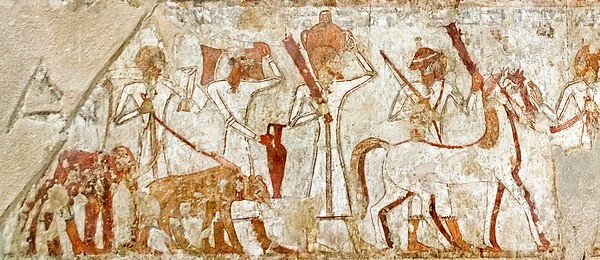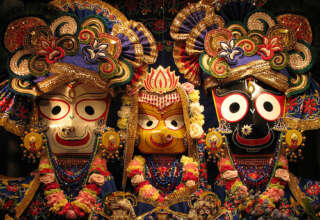
Egypt has been ranked among the worst countries for religious freedom, with widespread discrimination against minorities such as Coptic Christians, Baháʼís, and other Muslim sects. A 2009 report by Pew Forum on Religion & Public Life ranked Egypt fifth worst globally for religious freedom, while the United States Commission on International Religious Freedom has placed Egypt on its watch list due to state-tolerated violations. A 2010 Pew survey found that 84% of Egyptians supported the death penalty for apostasy, 77% backed amputations for theft, and 82% endorsed stoning for adultery.
Since the 2013 Egyptian coup d’état, political repression has intensified, with mass arrests and harsh crackdowns on dissent. During the August 2013 sit-in dispersal, 595 protesters were killed, making 14 August 2013 the deadliest day in Egypt’s modern history.Since then, an estimated 60,000 political prisoners remain behind bars. Egypt has also drawn international condemnation for mass death sentences, including a 2014 ruling sentencing 529 people to death in a single hearing. The United Nations and human rights groups have condemned these trials as gross violations of international law. Homosexuality remains de facto criminalized, with 95% of Egyptians opposing its acceptance, according to a 2013 Pew survey. A poll by the Thomson Reuters Foundation, based on assessments from specialists in women’s rights, ranked Cairo as the worst megacity for women, evaluating cities on sexual harassment, healthcare access, harmful cultural practices, and economic opportunities.
Education and Health
In 2022, Egypt’s adult literacy rate was 74.5%, compared to 71.1% in 2017.[282] Literacy is lowest among those over 60 years of age, at 35.1%,[citation needed] and highest among youth between 15 and 24 years of age, at 92.2%. As of 2024, Egypt’s average life expectancy stands at 75 years, with 73.8 years for males and 76.2 years for females.[289] Healthcare access has significantly improved in both urban and rural areas, with immunization programs now covering 98% of the population. Life expectancy has risen from 45 years in the 1960s to its current level, reflecting advancements in medical services and disease prevention. The infant mortality rate has also declined sharply, dropping from 101–132 deaths per 1,000 live births in the 1970s and 1980s to 50–60 per 1,000 in 2000, and further to 16–18 per 1,000 in 2024.
A 2008 report by the World Health Organisation estimated that 91.1% of Egypt’s girls and women aged 15 to 49 have been subjected to genital mutilation. Government measures have reduced the practice among younger generations. By 2014, rates had dropped to 10.4% in urban areas and 15.9% in rural areas among girls aged 1–14, compared to 87.2% among women aged 15–49. Legislative reforms, awareness campaigns, and stricter law enforcement contributed to this decline. In 2016, penalties for performing the practice were increased, with prison sentences of up to 15 years for practitioners and up to 3 years for guardians who facilitate the procedure.
Culture
Egypt is a recognized cultural trendsetter of the Arabic-speaking world. Contemporary Arabic and Middle-Eastern culture is heavily influenced by Egyptian literature, music, film and television. Egypt gained a regional leadership role during the 1950s and 1960s, giving a further enduring boost to the standing of Egyptian culture in the Arabic-speaking world.[297] Egyptian identity evolved in the span of a long period of occupation to accommodate Islam, Christianity and Judaism; and a new language, Arabic, and its spoken descendant, Egyptian Arabic which is also based on many Ancient Egyptian words.







